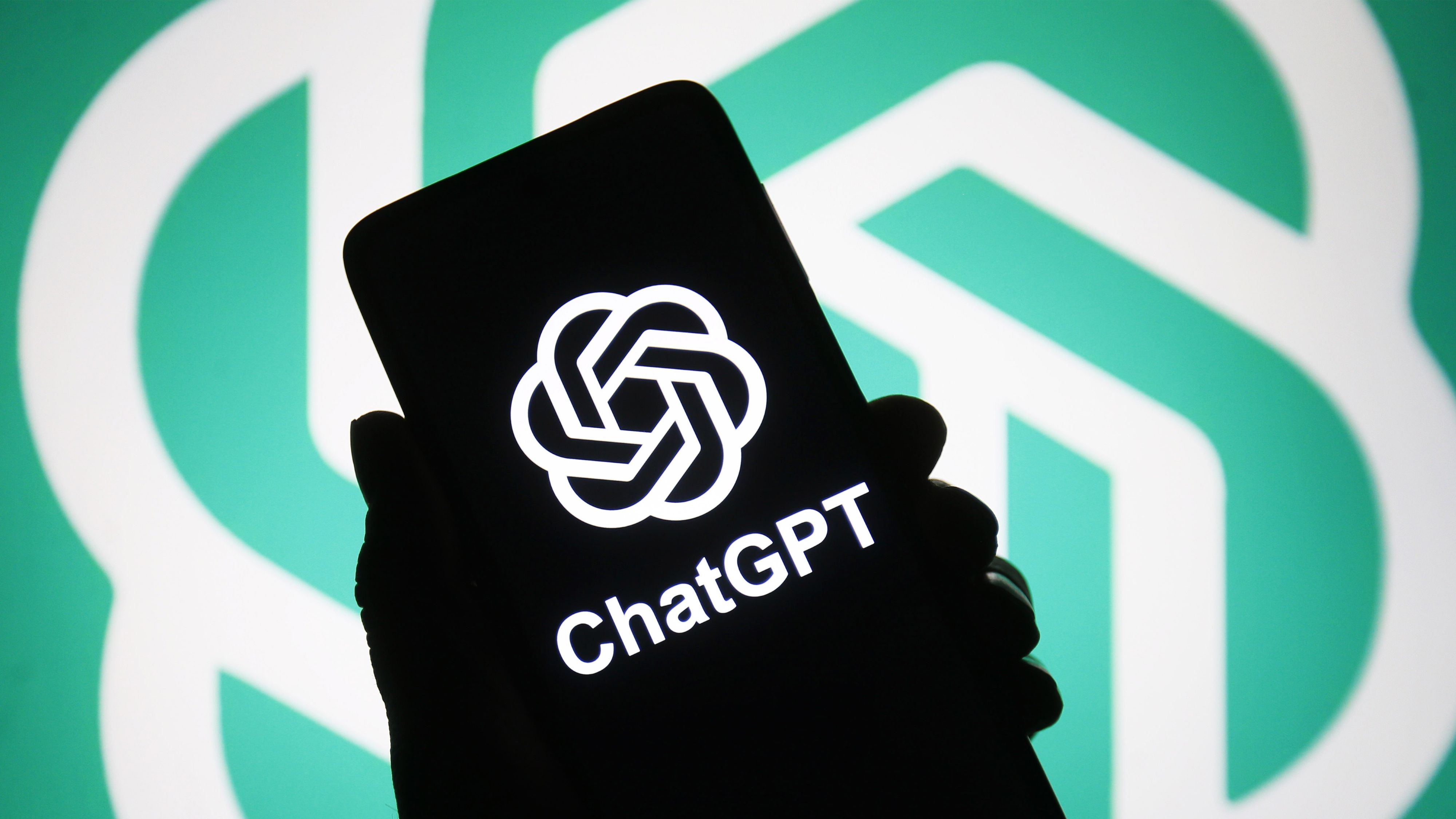Developer Offer
Try ImaginePro API with 50 Free Credits
Build and ship AI-powered visuals with Midjourney, Flux, and more — free credits refresh every month.
How A Last Minute Decision Named ChatGPT
It’s a name that has become synonymous with artificial intelligence itself, but the world almost knew the revolutionary AI chatbot by a far more technical and clunky title. According to key figures at OpenAI, a late-night decision saved the now-iconic ChatGPT from being launched with a name that was, to put it mildly, a mouthful.

The Name That Almost Was
On a recent episode of the OpenAI podcast, ChatGPT lead Nick Turley and Chief Research Officer Mark Chen shared a fascinating behind-the-scenes story. They revealed that the tool was originally slated to be released as "Chat with GPT-3.5."
"It was going to be Chat with GPT-3.5, and we had a late-night decision to simplify the name," Turley explained. "We realized that that would be hard to pronounce and came up with a great name instead."
That simple, last-minute change to "ChatGPT"—which stands for Generative Pre-trained Transformer—proved to be a pivotal moment in the product's history, paving the way for it to become a global phenomenon.
The Rise of a Household Name
ChatGPT's success has been nothing short of explosive. The chatbot is often the first thing people think of when they hear "generative AI." By March of the previous year, it had already attracted around 600 million monthly active users. The launch of OpenAI's new GPT-4o model caused another massive spike in user growth, with OpenAI CEO Sam Altman reporting that the platform gained one million new users in just one hour.
This incredible surge was partly fueled by the viral "Ghibli" memes that flooded social media, a phenomenon Altman referred to as "biblical demand". It's hard to imagine memes about "Chat with GPT-3.5" going viral in the same way.
Branding vs. Technology
Andrew Mayne, host of the OpenAI podcast, noted that few inside the company anticipated how consequential the name would be. He pointed out that while the underlying technology was an evolution of previous versions, the combination of a simple name and a more accessible user interface made all the difference.
"It's the same thing, but we just put the interface in here and made it so you didn't have to prompt as much," Mayne remarked. This highlights how crucial branding and user experience are in turning a powerful technology into a product that resonates with millions.
Market Dominance and The Power of a Name
This combination of powerful tech and brilliant branding has given ChatGPT a massive lead in the market. Despite competitors like Microsoft Copilot often leveraging the same underlying AI models, the difference in popularity is staggering. A report from aitools.xyz revealed that in February, ChatGPT received over 52 times more visits in the U.S. than Microsoft Copilot.
With 173.3 million daily visits compared to Copilot's 98.9 million monthly visits, the data clearly shows that the name ChatGPT has become a powerful brand that users actively seek out. It's a testament to how a simple, catchy name, decided on in a late-night twist, helped launch an AI revolution.
Compare Plans & Pricing
Find the plan that matches your workload and unlock full access to ImaginePro.
| Plan | Price | Highlights |
|---|---|---|
| Standard | $8 / month |
|
| Premium | $20 / month |
|
Need custom terms? Talk to us to tailor credits, rate limits, or deployment options.
View All Pricing Details

